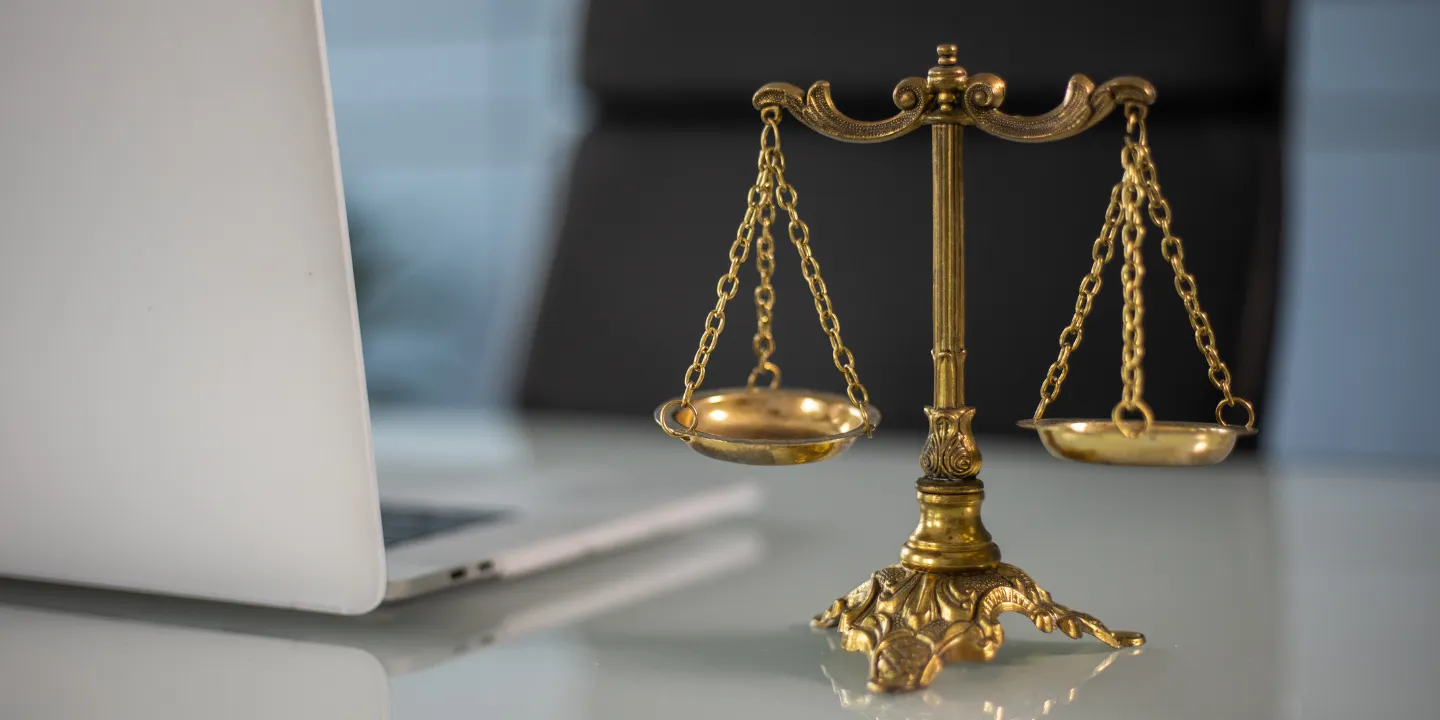Journalists' Lawsuit Against the Ministry of Culture and Information Proceeds to Closing Arguments

Today, 4 November, the Inter-District Civil Court of Astana held closing arguments in the collective lawsuit filed by nine journalists against the Ministry of Culture and Information and the Ministry of Justice. The journalists are challenging several provisions of a new order that establishes the "Model Rules for Accrediting Journalists", arguing that these provisions are restrictive and unconstitutional.
The plaintiffs presented compelling arguments to support their position:
As outlined in the lawsuit, subparagraph 1) of paragraph 11 of the Model Rules for Accrediting Journalists effectively prohibits accredited journalists from disseminating information obtained through accreditation in other media outlets, on online platforms, or in conversations (chats) with colleagues, friends, and relatives. This interpretation arises from the word "ONLY", which, according to Article 6 of the Civil Code, must be understood based on its literal meaning. The literal meaning of the adverb "only" is "nothing else but".
The Ministry of Culture and Information countered this argument by asserting that the provision in question only prohibits journalists from disseminating information in other media outlets for which they are not accredited. According to the Ministry, journalists are still permitted to share information in other forms of mass media (unregistered internet resources, social networks, messengers, etc.) as well as through any other means of dissemination.
However, this interpretation of the disputed provision of the Rules does not logically follow from its text. To address this inconsistency, the Ministry of Culture and Information (MCI) must amend the Rules.
Moreover, the MCI’s stance, which allows journalists to freely disseminate information without accreditation through unregistered mass media but prohibits sharing the same information through accredited outlets, turns the meaning of the rule on its head. According to the MCI, unregistered media outlets and unaffiliated journalists can immediately publish any interpretation of the official information they receive. In contrast, journalists accredited by registered media outlets, which are governed by editorial policies, journalistic ethics, and similar standards, are barred from publishing official statements on their personal social media pages.
The lawsuit also asserts that prohibiting journalists from disseminating information through non-accredited media violates Article 20 and Clause 1 of Article 39 of the Constitution, which stipulate that the rights and freedoms of citizens, including methods of information dissemination, can only be restricted by law. Since the Rules adopted by the MCI are a subordinate regulatory act, they cannot impose restrictions on journalists' rights to distribute information.
The defendants failed to provide coherent arguments to address this constitutional conflict during the proceedings.
The MCI maintained that journalists must allegedly obtain accreditation from all media outlets they work with to exercise their constitutional right to disseminate information. However, Clause 1 of Article 28 of the Law " On Mass Media " clearly states that accreditation is a right, not an obligation. A lack of accreditation cannot limit a journalist’s ability to disseminate official statements obtained from state bodies and organizations.
The Ministry of Justice also argued that the disputed provision of the Rules does not violate the Constitution. However, it was unable to substantiate its position. The Ministry of Justice merely stated that since the Rules underwent legal review and were registered with the Ministry, they must therefore comply with the Constitution.
The implementation of the Rules also brings about unfavourable financial and economic consequences. During the court hearing, the Ministry of Culture and Information (MCI) acknowledged that monitoring journalists' compliance with this provision of the Rules is an obligation, not a right, of accrediting organisations. Otherwise, selective monitoring of certain journalists would result in discrimination, prohibited under Article 14 of the Constitution, and confirm journalists' concerns that this provision exists solely to exert administrative pressure on undesirable members of the media.
Daily monitoring of all accredited journalists, whose numbers in each accrediting organisation may exceed one hundred, would require significant additional resources. State bodies and organisations would need to allocate substantial funds to hire additional staff, procure computer and software systems, pay for electricity, and equip office spaces for this activity.
Furthermore, the lawsuit highlights a violation of Clause 4, Article 4 of the Constitution in the implementation of the Rules. Since the Rules directly affect journalists' rights, freedoms, and obligations, they could only be applied after publication. However, the contested provision of the Order stipulated enforcement from 20 August, while it was officially published on 26 August, directly contradicting the Constitution.
The Ministry, however, dismissed any inconsistencies in its order. According to Anar Mukatayeva, Deputy Director of the Department of State Policy in Media, the Rules are merely a "standardisation" of the accreditation procedure. She emphasised that no journalist has yet been deprived of accreditation.
In her closing argument, Mukatayeva claimed that both the Rules and the provision allowing the revocation of accreditation for six months in case of violations were requested by media representatives themselves. She also publicly accused the plaintiffs of spreading false information.
Representatives of the Ministry of Justice and the Prosecutor's Office offered no new arguments and merely supported the MCI’s position.
The court's decision is scheduled to be announced on 11 November at 3:00 PM.





